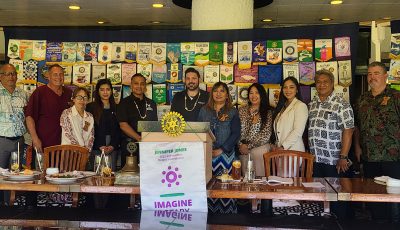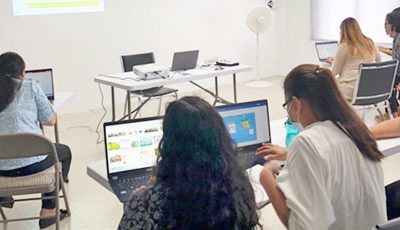Big Oil
Italian oil company executive Enrico Mattei coined the term “Seven Sisters” to refer to oil companies that formed the “Consortium for Iran” cartel that dominated the trade of petroleum from mid-’40s to the ’70s. The group consisted of the Anglo-Persian Oil Company (now BP); the Standard Oil Company of New York (Socony) that is now merged with Esso/Exxon to form Exxon/Mobil; the Royal Dutch Shell; and Standard Oil of California and Gulf Oil that merged with Texaco, now Chevron.
The “sisters” controlled around 85 percent of the world’s petroleum reserves that fueled the post-1929 turn into industrial production, later stood against the ascendant German economy bouncing back from the humiliation of the Treaty of Versailles. Iran nationalized its oil in 1951; Big Oil determined the history of Iran and Iraq, the royal house of Saud in Araby, and the rest of the Middle East.
OPEC and state-owned oil companies emerged and created a market economy after 1973. Outside of the traditional seven sisters, the “new seven sisters” (by the Financial Times of London) are Saudi Aramco, PetroChina (China), Gazprom (Russia), NIOC (Iran), Petrobras (Brazil), Petroleos (Venezuela), and Petronas (Malaysia).
As the premier producer of oil, the House of Saud “socialized” within the royalty and the traditional Islamic underpinning in the land that birthed Islam. Anshallah, Allah willing, after all, is a social notion guided by prescriptions of the Koran in societies now coming to their own.
We often sneer at two terms, ISIS and al’Queda, which are not really well identified by these names in the Middle East save by the media. They are infamous for beheading Western-trained journalist and technicians in the Oil Fields. They are groups who are utopian in their thinking and philosophy but we insists on defaming them only because they are Moslems. They use beheadings, a method not uncommon in the area including the House of Saud whose assets in the sand has been Big Oil’s for the asking, and, of course, we propped the Sunni Saddam Hussein to fight the Shi’ites of Iran who had the temerity to defy our derricks earlier.
Texas oilmen hold the patents of the industry’s technology so the calf-covered boots and wide-brim hatted cowboy by the derrick staring at a gushing black gold was the picture of oil exploration around the world until the 80s. Then Houston turned into a financial hub but the iconic and ruggedly individualistic Texan took time to go the way of the derrick that once dotted the waterscape of Lake Maracaibo (the gallows hangman of the 17th C, lent his name Derrick to the framework).
Big Oil is our new dependent. Solar and thermal technologies for energy are affordable but the combustion engine makers and the fossil fuel merchants refuse to risk earnings for the larger cause of mitigating air pollution and making street machines eco-friendly. Solar panels that run trains are “too expensive” because we do not wish to switch from car privacy to scheduled runs of rails and vans. Saipan plans a massive transit system for residents, but tourist pay for private cars and monstrous buses.
We do not feel much of the pinch of Big Oil in the air we breathe. With the illusion that the commodity is now affordable, private cars are popular. Mobil and Shell share island facilities and practically one company. But precisely because their profit is negligible compared to the larger markets, they are in a position to experiment with alternative power sources.
We can fund small electrical hybrids that run at specific times especially up the hills, to and from specific locations, like scheduled public buses elsewhere. Personal two-four-six-seater make us impulsively move to the counter car keys. The reflex has become common as private cars now cause grid locks in our roads, specially when Public Works is in the middle of road repair.
PSS “Student First” buses and vans pick up students, while the air-con buses that take visitors to the Galleria in Garapan are huge monsters appropriate for 65 mph-speed super highways but unnecessary to the breeze-sustained ambience of Saipan. Island attractions are not hotel lobbies. It’s the beaches and the pathway, the bush and the forests, the flora and the fauna. Would it not be wonderful to have a pathway around the islands, a decent bicycle and pedestrian lane on the middle roads and the mountain paths, on all roadways in the CNMI?
Big Oil can do itself a favor by leading and funding experiments on how appropriate technology can sustain island life. Speed is not of the essence, functionality and ease of use, are.
Big Oil opposes Obama’s Executive Order to suspend coal mining for three years. I was in the Canada and the U.S. when the production of electric cars was downgraded because of pressures on the industry; ditto to what was a booming promise in China to develop electrical plugging stations but had not received assistance.
We see Shell-Mobil logos on sports tournaments. That all? Just askin’.



























